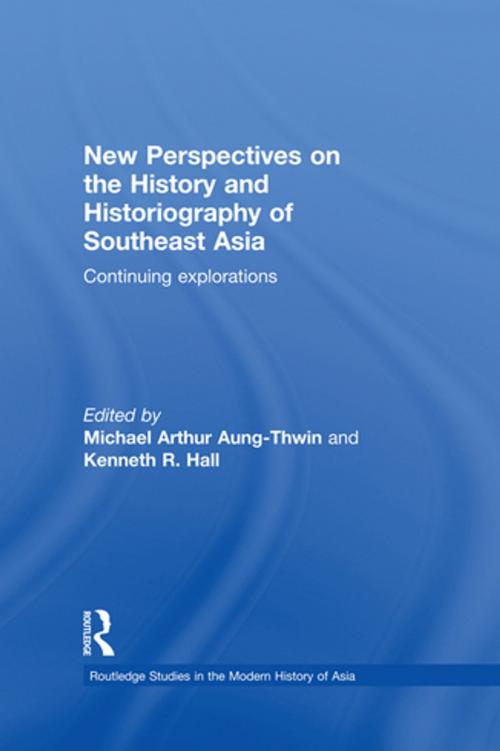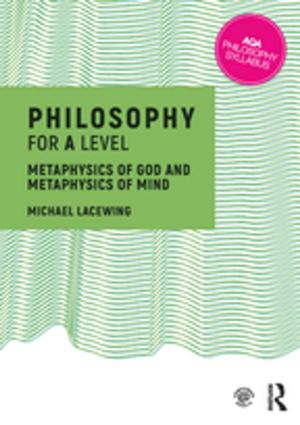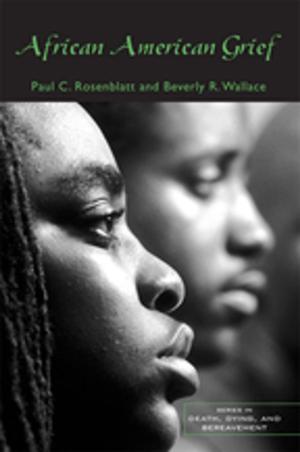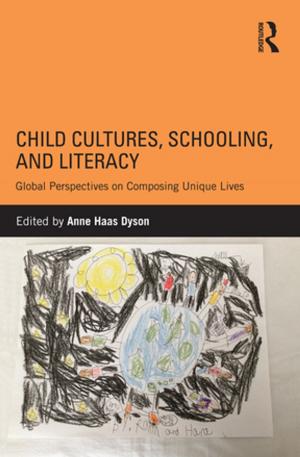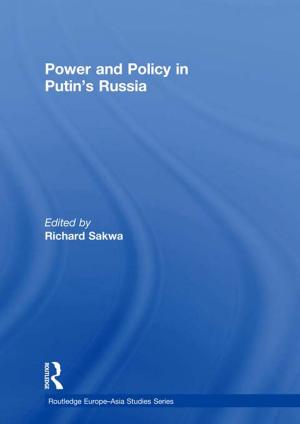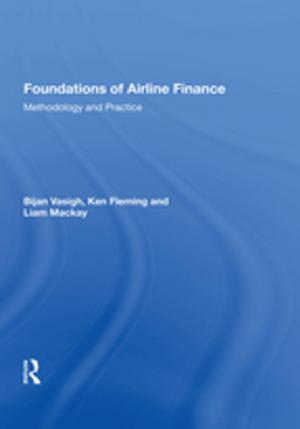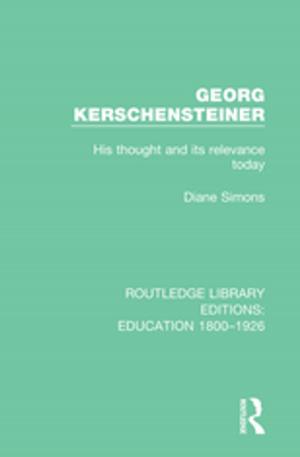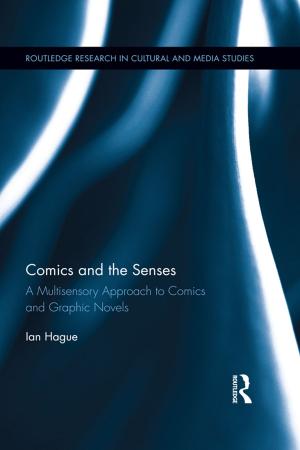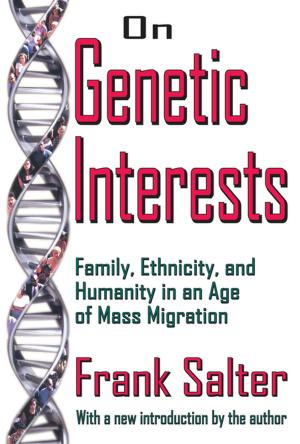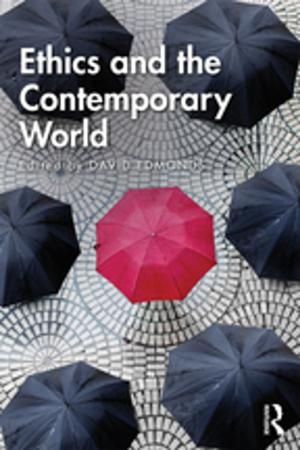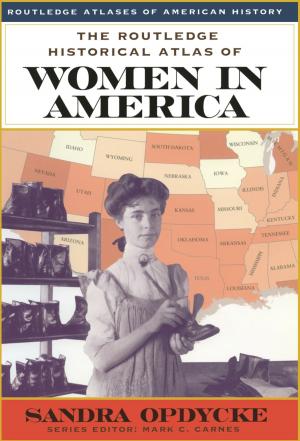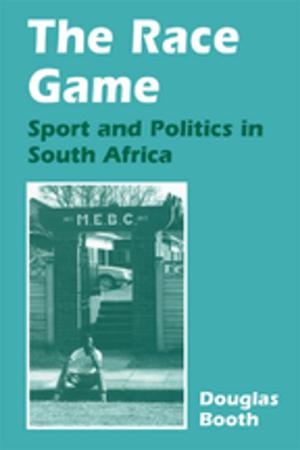New Perspectives on the History and Historiography of Southeast Asia
Continuing Explorations
Nonfiction, History, Asian, Southeast Asia, Social & Cultural Studies, Social Science, Cultural Studies, Ethnic Studies| Author: | ISBN: | 9781136819636 | |
| Publisher: | Taylor and Francis | Publication: | May 13, 2011 |
| Imprint: | Routledge | Language: | English |
| Author: | |
| ISBN: | 9781136819636 |
| Publisher: | Taylor and Francis |
| Publication: | May 13, 2011 |
| Imprint: | Routledge |
| Language: | English |
Using a unique "old–new" treatment, this book presents new perspectives on several important topics in Southeast Asian history and historiography. Based on original, primary research, it reinterprets and revises several long-held conventional views in the field, covering the period from the "classical" age to the twentieth century. Chapters share the approach to Southeast Asian history and historiography: namely, giving "agency" to Southeast Asia in all research, analysis, writing, and interpretation.
The book honours John K. Whitmore, a senior historian in the field of Southeast Asian history today, by demonstrating the scope and breadth of the scholar’s influence on two generations of historians trained in the West. In addition to providing new information and insights on the field of Southeast Asia, this book stimulates new debate on conventional ideas, evidence, and approaches to its teaching, research, and understanding. It addresses, and in many cases, revises specific, critically important topics in Southeast Asian history on which much conventional knowledge of Southeast Asia has long been based. It is of interest to scholars of Southeast Asian Studies, as well as Asian History.
Using a unique "old–new" treatment, this book presents new perspectives on several important topics in Southeast Asian history and historiography. Based on original, primary research, it reinterprets and revises several long-held conventional views in the field, covering the period from the "classical" age to the twentieth century. Chapters share the approach to Southeast Asian history and historiography: namely, giving "agency" to Southeast Asia in all research, analysis, writing, and interpretation.
The book honours John K. Whitmore, a senior historian in the field of Southeast Asian history today, by demonstrating the scope and breadth of the scholar’s influence on two generations of historians trained in the West. In addition to providing new information and insights on the field of Southeast Asia, this book stimulates new debate on conventional ideas, evidence, and approaches to its teaching, research, and understanding. It addresses, and in many cases, revises specific, critically important topics in Southeast Asian history on which much conventional knowledge of Southeast Asia has long been based. It is of interest to scholars of Southeast Asian Studies, as well as Asian History.
